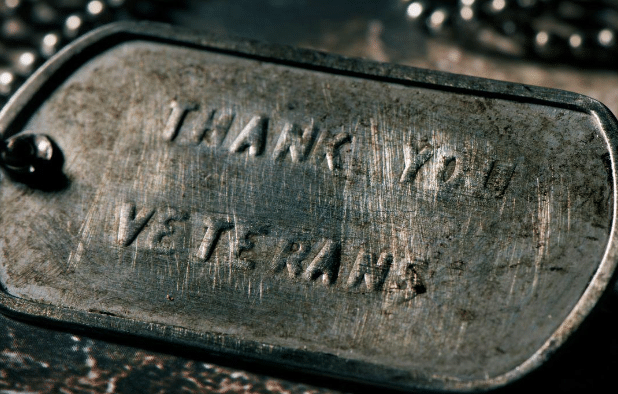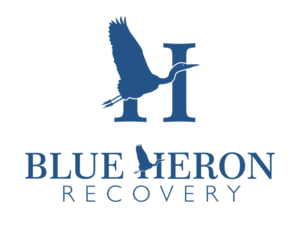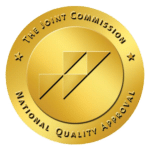For many veterans, the journey of addiction recovery can be uniquely challenging. The experiences and traumas faced during service can often lead to struggles with substance abuse or addictive behaviors. However, within this challenge lies a profound opportunity for healing and growth. Here’s a comprehensive guide to aid veterans in their path to addiction recovery:
Understanding the Complexity:
The journey of addiction recovery for veterans is multifaceted. It often involves addressing not only the addiction itself but also co-occurring mental health conditions such as PTSD, depression, or anxiety stemming from their service experiences. Acknowledging these interconnected challenges is crucial for effective recovery.
Seeking Specialized Support:
Veterans benefit greatly from specialized support services tailored to their unique needs. Programs provided by the Department of Veterans Affairs (VA) or veteran-specific support groups and engaging in professional treatment with retired combat veterans will offer understanding and camaraderie. These avenues provide a safe space for veterans to share experiences and receive guidance from those who understand the complexities of military life.
Holistic Approach to Healing:
Addiction recovery for veterans goes beyond substance abstinence. It involves a holistic approach that encompasses physical, mental, emotional, and social aspects. Therapies including medically assisted treatment options, evidence-based behavioral therapies, and attending to mindfulness techniques have shown significant efficacy in addressing trauma-related issues while aiding in addiction recovery.
Reconnecting with Purpose:
Many veterans find solace in reconnecting with a sense of purpose post-service. Engaging in meaningful activities, volunteering, or pursuing education and career opportunities can restore a sense of direction and fulfillment, vital in the recovery journey.
Building a Support Network:
Establishing a robust support network is fundamental. This network can include fellow veterans, family, friends, counselors, or support groups. These connections offer encouragement, accountability, and understanding during the challenging phases of recovery.
Patience and Self-Compassion:
Recovery is a gradual process that demands patience and self-compassion. It’s important to acknowledge progress, no matter how small, and to be kind to oneself through setbacks. Embracing a mindset of resilience and determination is key.
Embracing a New Lifestyle:
Maintaining a healthy lifestyle is pivotal in addiction recovery. This includes regular exercise, balanced nutrition, adequate sleep, and the avoidance of triggers. Engaging in hobbies or activities that bring joy and fulfillment fosters a positive mindset essential for sustaining recovery.
The journey of addiction recovery for veterans is a courageous endeavor that requires dedication, support, and a multifaceted approach. By acknowledging the unique challenges faced by veterans and tapping into specialized resources and support systems, a path to healing and renewed purpose can be forged. Each step taken towards recovery is a testament to resilience and a commitment to reclaiming a fulfilling life beyond addiction.
Remember, in this journey, seeking help is not a sign of weakness but a demonstration of strength and determination to lead a healthier, happier life. If you are ready to connect to help or have questions about treatment options that would fit best for you, call 210.588.0508 or email info@blueheronrecovery.com and our admissions team will provide you information on our programs and explain what puts our program in a unique place to provide understanding programs to our veterans.





